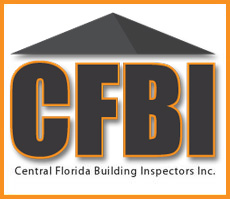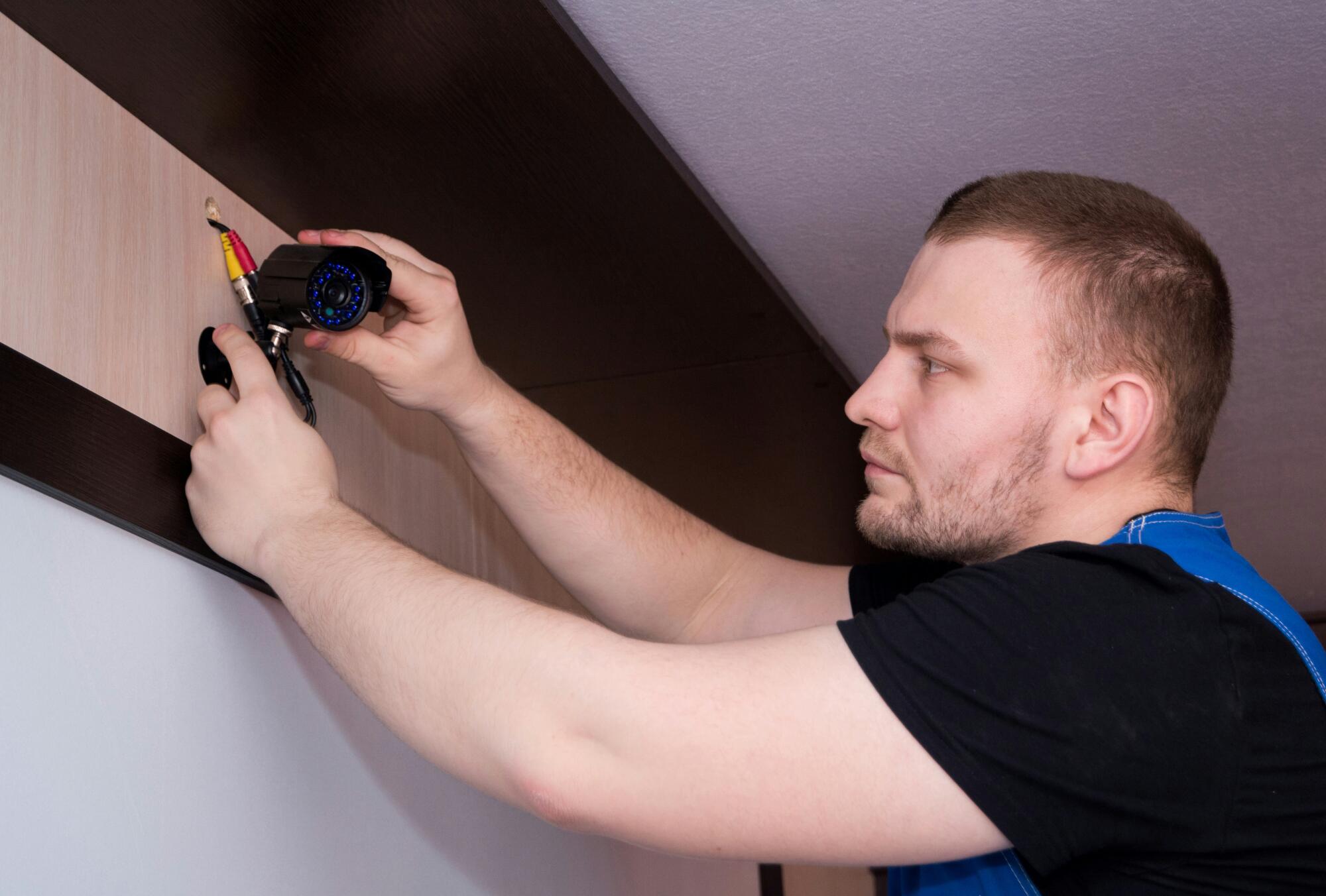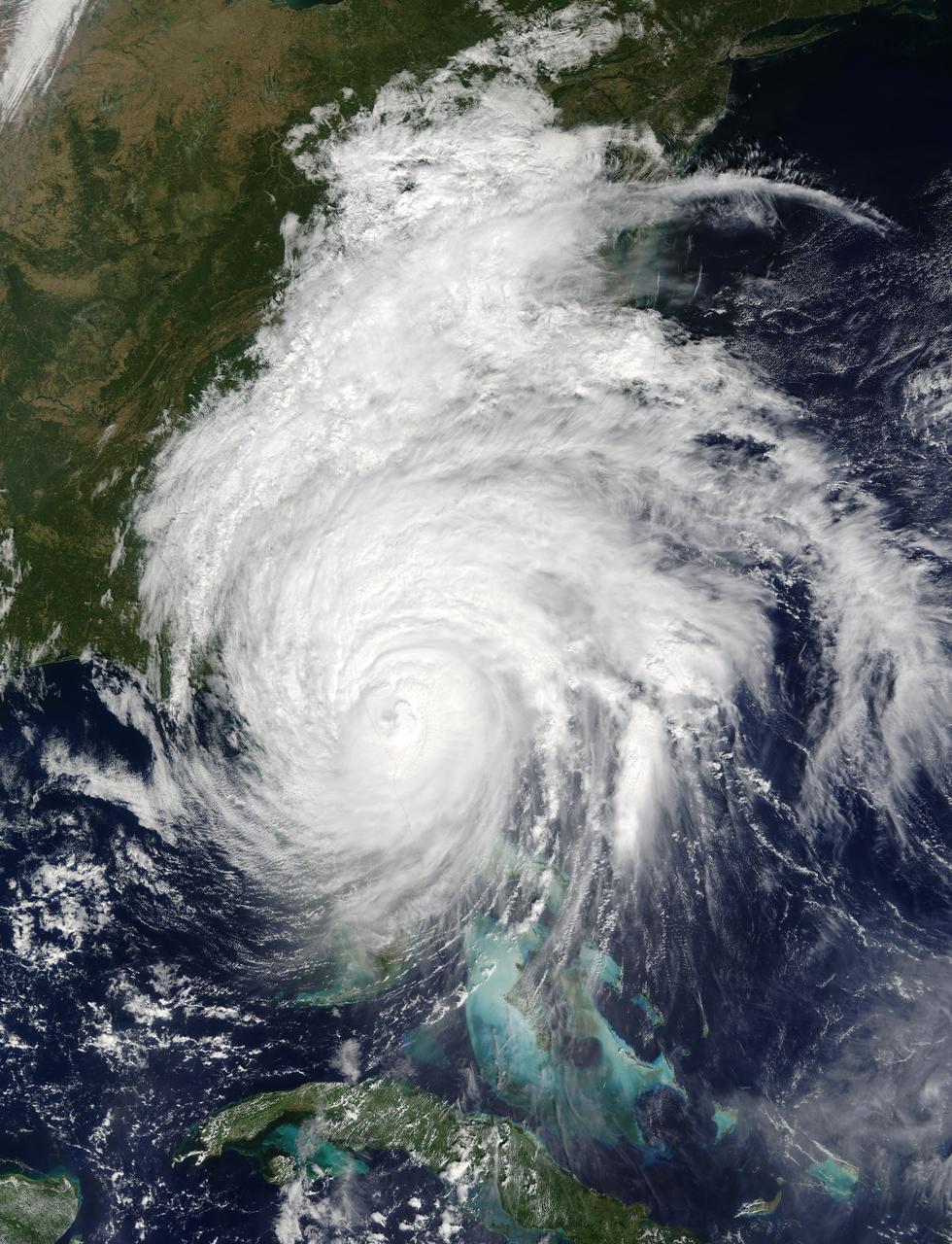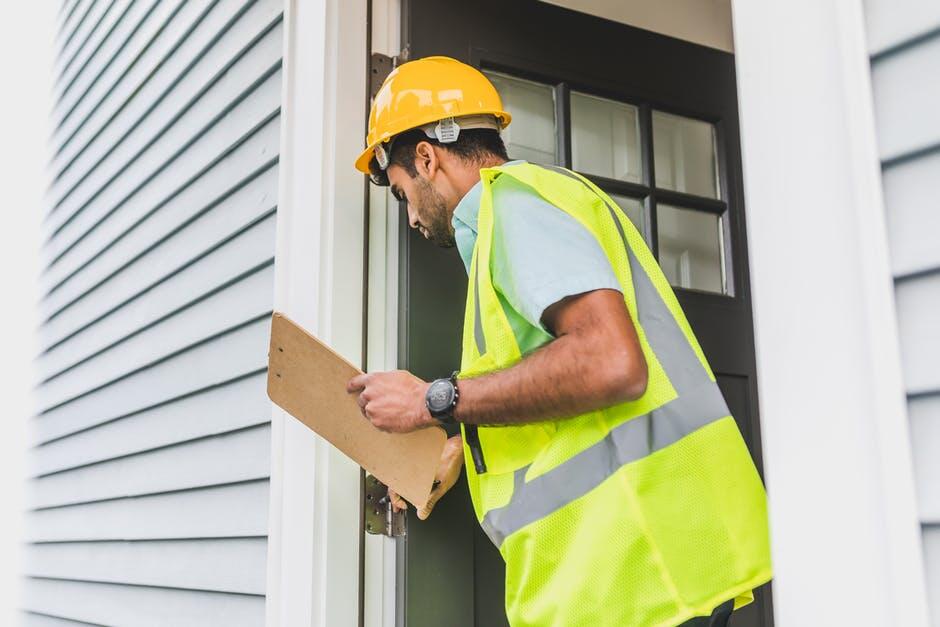You know that your home needs a fire detector and, in some cases, a carbon monoxide detector. These are critical, life-saving technologies, but did you know that you might still be at risk from another dangerous gas?
Radon gas is a form of radioactive gas that comes up through the soils outside and under our homes. If there are any cracks or open pipes or drains, then radon gas can get into your home and make you sick.
There are no visible signs of radon in your home. It is colorless, odorless, and tasteless, so the only way to find out it’s there is through testing or if you develop symptoms of radon poisoning.
What are the signs of radon poisoning? Read on to find out!
Breathing Issues
Did you know that radon exposure is the leading cause of lung cancer among non-smokers and the second leading cause overall?
It should come as no surprise then, that one of the biggest symptoms of radon poisoning is respiratory problems. This can come in the form of frequent bouts of bronchitis or pneumonia, especially if you were not prone to them previously.
The longer you are exposed to radon, the more severe your symptoms will become.
Raspy Voice
If you are exposed to radon, then you might start noticing that your voice is changing. Your voice might start to sound hoarse or raspy.
This usually only happens to people who are long-time smokers or who have another underlying health condition. If you notice that your voice is sounding more raspy than usual and it doesn’t go away, then you should speak to your doctor and schedule a radon test for your home.
Loss of Muscle Mass
Radon can impact other parts of your body apart from your respiratory system.
Another common sign of radon exposure is a reduction in your overall muscle mass. You might notice tasks that were once easy are starting to become more difficult. You’ll also feel fatigued while doing normal activities like walking.
Other indicators of reduced muscle mass include weight loss and anemia.
Chest Pain
You know that radon exposure can lead to respiratory issues. You might also notice that you are experiencing ongoing chest pain along with them.
You should never ignore chest pain. Go visit your doctor or an emergency room if you are experiencing this symptom.
Are You Experiencing These Signs of Radon Exposure?
Spotting the signs of radon poisoning is not always easy. You may not even know that you’ve been exposed until you’ve experienced a significant amount of it. It’s important to be proactive and have a professional come out to perform an inspection, especially if you live on a lower floor or have a basement.
Wondering who to call to perform radon testing in Central Florida? You’re in the right place! Contact Central Florida Building Inspectors today to learn how we can help you find peace of mind.










